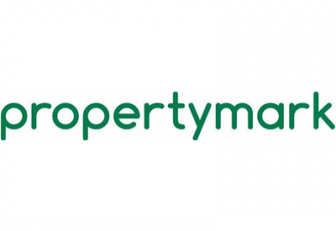 Propertymark has called on Northern Ireland’s Department for Communities to consider the regulation of property agents through a phased approach that acknowledges the important role of professional bodies.
Propertymark has called on Northern Ireland’s Department for Communities to consider the regulation of property agents through a phased approach that acknowledges the important role of professional bodies.
The Department for Communities is continuing with the second phase of the reforms to the private rented sector, the first of which being the implementation of the Private Tenancies Act (Northern Ireland) 2022.
The Department for Communities first introduced a series of proposals for change in January 2017, which Propertymark responded to. Given the length of time that has taken place since 2017, the Department has consulted on a new set of proposals, reflecting the latest priorities for the sector.
Following the restoration of devolution in Northern Ireland in February, Propertymark stressed to Stormont that the Private Tenancies Act (Northern Ireland) 2022’s many remaining sections that require approval from the Assembly, such as notice to quit periods, should be enacted to ensure the legislation passes in a timely manner, that rent controls should not be implemented, and the Executive should construct more homes.
Members of the professional body also met officials from Department for Communities in March to discuss the future of the landlord registration scheme and progress of the Private Tenancies Act.
Propertymark reiterated to the Department for Communities in its response to the Department’s private rented sector policy refresh survey that the Executive needs to boost housing supply across all tenures. This will help address pressure on rental costs by ensuring that there is adequate supply of housing across all tenures, as demand for social and private rented housing currently exceeds supply.
The Department for Communities must also avoid the same mistakes made by other governments and administrations across the UK when it comes to energy efficiency targets and look at the concerns raised by consumers and professional bodies. Other devolved UK nations have provided insufficient financial support for landlords and homeowners to meet energy efficiency requirements, with targets failing to account for the needs of different properties in the UK.
Finally, professional bodies should be included in the introduction of a phased approach to regulating letting agents in Northern Ireland which is a devolved power.
According to the professional body, there should be a four-stage approach, with the first step being requiring letting agents to join a list of approved professional bodies, followed by the introduction of mandatory Client Money Protection and Professional Indemnity Insurance requirements. The third stage would be the introduction of a Code of Practice for letting agents and requirements to belong to a redress scheme. The final stage would be registration, relevant qualification, and ongoing Continuing Professional Development requirements.
This phased approach will enable a smoother period where agents will adopt new practices over time. Involving professional bodies in this process enables agents to access additional support, learn best practice and have access to model forms, further improving the transition process to full regulation.


Comments are closed.